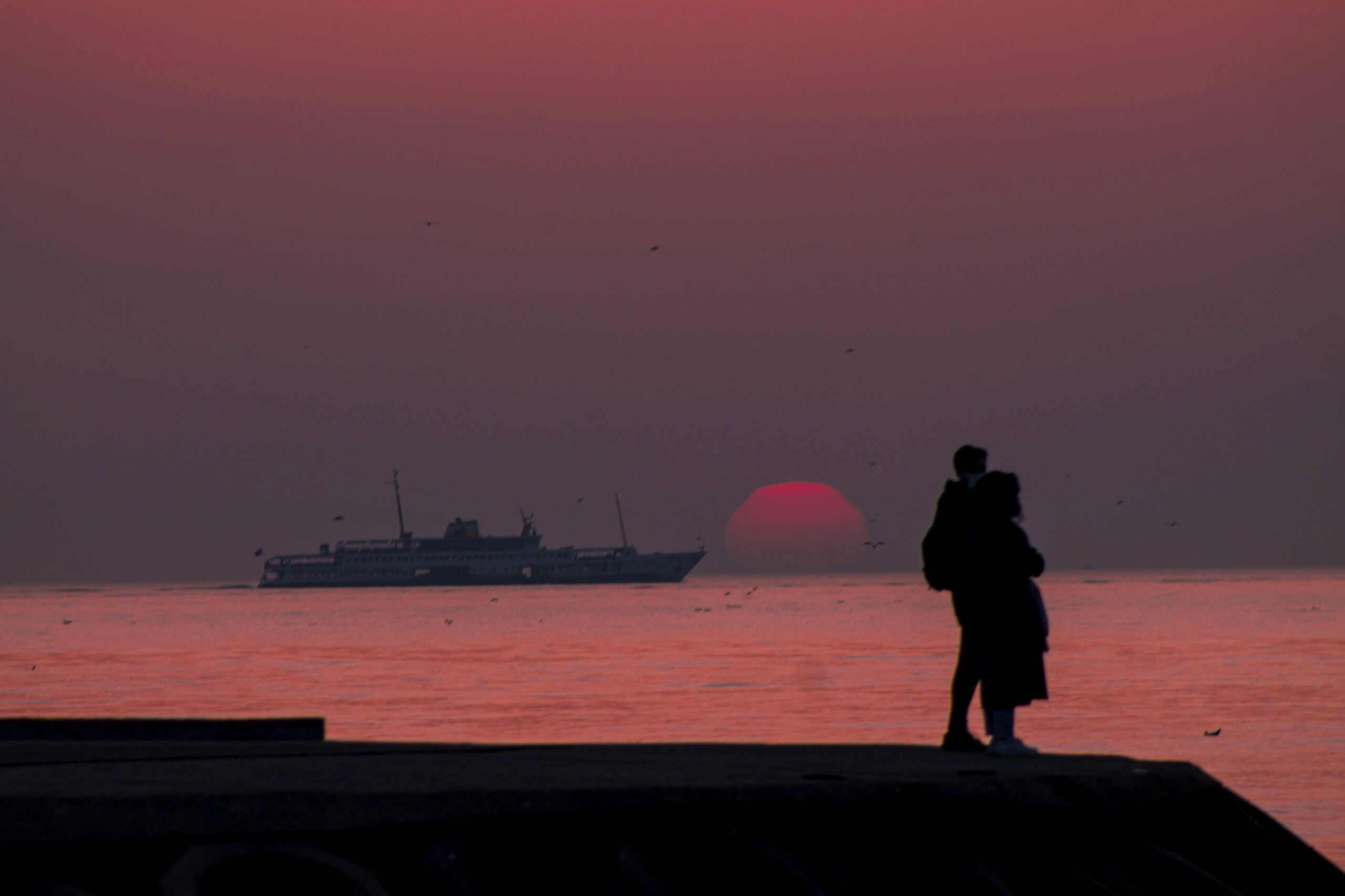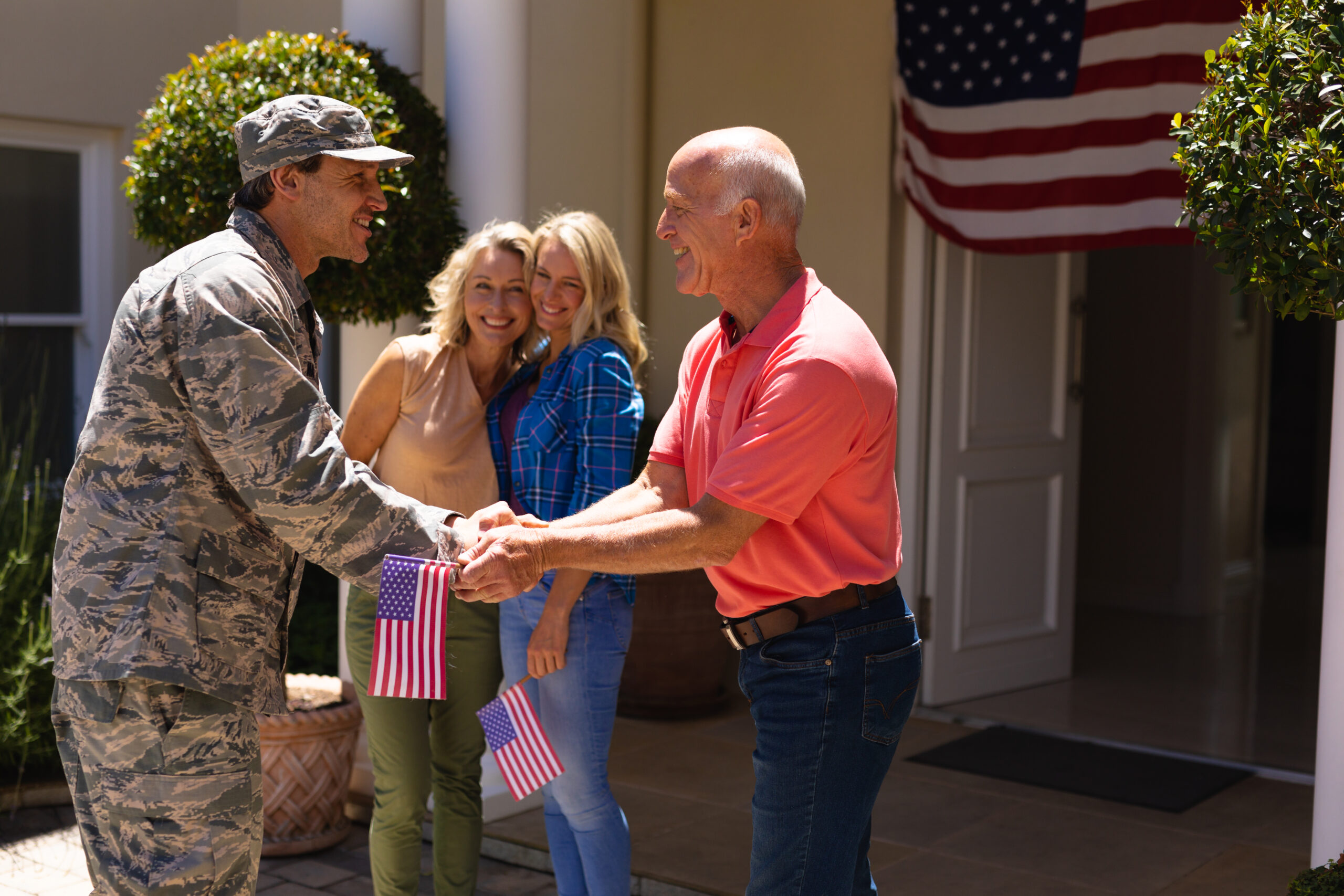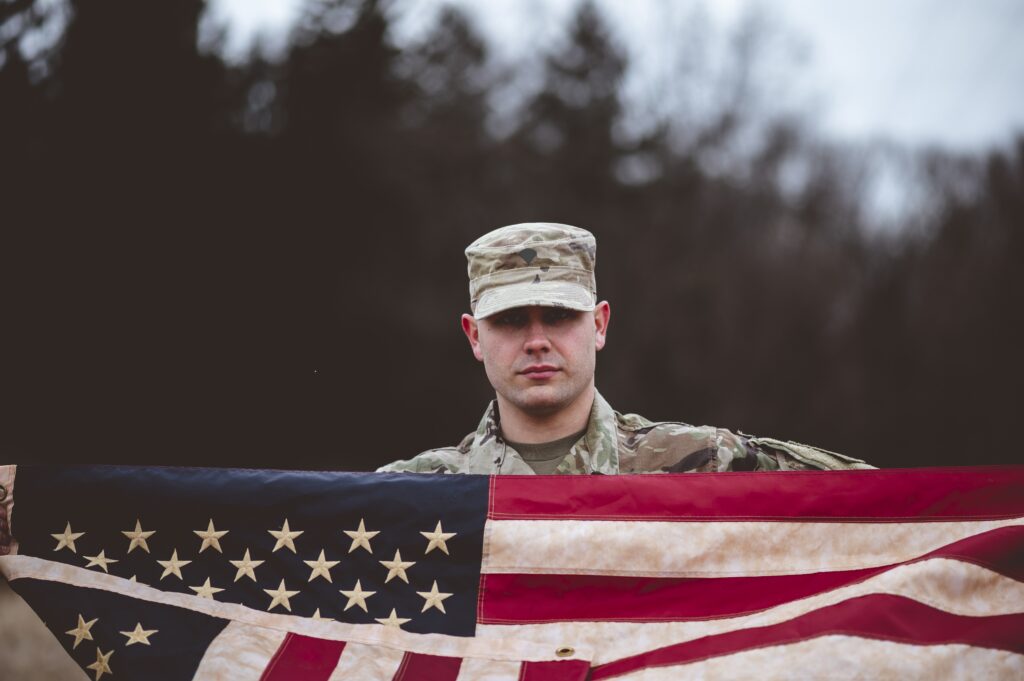100 Warship Pickup Lines


Veterans Day, observed annually on November 11th, is a time to honor the brave men and women who have served in the United States Armed Forces. Among the various ways to pay tribute to these individuals, poetry stands out as a powerful medium that captures the profound emotions and experiences of veterans. Veterans Day poems offer a unique blend of historical significance and contemporary relevance, resonating with both those who have served and those who appreciate their sacrifices. This article delves into the rich tapestry of Veterans Day poetry, exploring its history, themes, and the voices that bring these poems to life.
The tradition of writing poems for Veterans Day is deeply rooted in the historical context of the holiday itself. Originally known as Armistice Day, it marked the end of World War I on November 11, 1918. Over time, the day evolved to honor all veterans, expanding its scope and significance. Poetry has been an integral part of this commemoration, offering a reflective lens through which the experiences of soldiers and the impact of war are expressed.
Early Veterans Day poems often focused on themes of remembrance and sacrifice, capturing the somber yet hopeful spirit of the time. These works served as a means to memorialize those who had fallen and to remind the living of the cost of freedom. As the years progressed, the scope of these poems widened, incorporating diverse voices and experiences, including those from more recent conflicts.
1. “In Flanders Fields” by John McCrae
In Flanders fields the poppies blow
Between the crosses, row on row,
That mark our place; and in the sky
The larks, still bravely singing, fly
Scarce heard amid the guns below.
We are the Dead. Short days ago
We lived, felt dawn, saw sunset glow,
Loved and were loved, and now we lie,
In Flanders fields.
Take up our quarrel with the foe:
To you from failing hands we throw
The torch; be yours to hold it high.
If ye break faith with us who die
We shall not sleep, though poppies grow
In Flanders fields.
2. “For the Fallen” by Laurence Binyon
They shall grow not old, as we that are left grow old:
Age shall not weary them, nor the years condemn.
At the going down of the sun and in the morning
We will remember them.
3. “The Soldier” by Rupert Brooke
If I should die, think only this of me:
That there’s some corner of a foreign field
That is forever England. There shall be
In that rich earth a richer dust concealed;
A dust whom England bore, shaped, made aware,
Gave, once, her flowers to love, her ways to roam,
A body of England’s, breathing English air,
Washed by the rivers, blest by suns of home.
4. “Arms and the Boy” by Wilfred Owen
Let the boy try along this bayonet-blade
How cold steel is, and keen with hunger of blood;
Blue with all malice, like a madman’s flash;
And thinly drawn with famishing for flesh.
Lend him to stroke these blind, blunt bullet-heads
Which long to muzzle in the hearts of lads,
Or give them cartridges of fine zinc teeth,
Sharp with the sharpness of grief and death.
5. “My Boy Jack” by Rudyard Kipling
“Have you news of my boy Jack?”
Not this tide.
“When d’you think that he’ll come back?”
Not with this wind blowing, and this tide.
“Has anyone else had word of him?”
Not this tide.
For what is sunk will hardly swim,
Not with this wind blowing, and this tide.
Oh, dear, what comfort can I find?
None this tide,
Nor any tide,
Except he did not shame his kind—
Not even with that wind blowing, and that tide.
Then hold your head up all the more,
This tide,
And every tide;
Because he was the son you bore,
And gave to that wind blowing, and that tide.

In recent years, a new generation of poets has emerged, bringing fresh perspectives to Veterans Day poetry. These modern voices celebrate veterans by highlighting their diverse experiences and the complexities of their service. Examples of modern veterans’ poetry often include personal narratives, vivid imagery, and an exploration of the emotional landscapes faced by veterans.
One of the defining characteristics of contemporary Veterans Day poems is their ability to connect deeply with readers, regardless of their background. By addressing universal themes such as courage, sacrifice, and resilience, these poems foster a sense of empathy and understanding. Moreover, they provide veterans with a platform to share their stories, ensuring that their voices are heard and respected.
6. “Facing It” by Yusef Komunyakaa
My black face fades,
hiding inside the black granite.
I said I wouldn’t,
dammit: No tears.
I’m stone. I’m flesh.
My clouded reflection eyes me
like a bird of prey, the profile of night
slanted against morning. I turn
this way—the stone lets me go.
I turn that way—I’m inside
the Vietnam Veterans Memorial again,
depending on the light to make a difference.
7. “The War After the War” by Andrea Gibson
The war after the war is a quiet one,
fought in the night, in the mirror, in the heart.
A thousand invisible battles rage,
but still, they rise, they heal, they start.
8. “The Veterans” by Michael R. Burch
They are a human wall
against the tides of war,
so others might not fall
to things men fight for.
9. “Back Home” by Brian Turner
Back home, the light falls softer,
but the noise in my chest won’t quiet down.
Each dawn is a call, each shadow a memory,
and peace—still learning how to stay.
10. “To the Fallen” by Maya Angelou
You went where courage called you,
To fields both dark and wide,
And now the world remembers
The tears your honor cried.
Your valor lit the heavens,
Your hearts refused to fail,
You gave your all for freedom—
A truth that will prevail.
Veterans Day poems are rich with emotional themes that resonate on multiple levels. At their core, these poems often grapple with the realities of war, the weight of loss, and the enduring hope for peace. Through the use of vivid language and poignant imagery, poets capture the raw emotions experienced by veterans and their families.
Personal stories are a common thread in many Veterans Day poems, offering intimate glimpses into the lives of those who have served. These narratives provide readers with a deeper understanding of the sacrifices made by veterans, as well as the challenges they face upon returning home. By weaving together these emotional themes, poets create works that are both powerful and deeply moving.
11. “Remember Me” by Deborah Garrison
Remember me not for the tears I shed,
But for the life I gave, the path I tread.
Remember me not for the wars I fought,
But for the peace my courage sought.
12. “Soldier’s Prayer” (Anonymous)
Give me strength when I am weary,
Hope when I am low,
And peace to carry onward,
Wherever I must go.
Let me not forget my brothers,
Who rest beyond the sea,
For their light still guides my journey,
And keeps my spirit free.
13. “Homefront” by Julia Kolchinsky Dasbach
Each morning, I fold the flag
and pray for his return.
The silence on the phone line
is louder than any battle.
14. “Freedom’s Price” by Susan Wheeler
A flag may wave in morning light,
But freedom’s cost is paid each night.
In dreams, they march where shadows weep,
And guard the peace we vow to keep.
15. “The Promise” by Clint Smith
I promised to remember you
When the trumpets ceased to play,
When the medals gathered dust,
And the crowds had turned away.
One of the most compelling aspects of Veterans Day poems is their ability to bridge generational gaps. By capturing the timeless experiences of service and sacrifice, these poems create a shared understanding between veterans of different eras and the wider community. This connection is particularly important as it fosters a sense of continuity and respect for the legacy of those who have served.
Through poetry, younger generations can gain insight into the experiences of their forebears, while older veterans can share their stories in a meaningful and impactful way. This intergenerational dialogue helps to ensure that the lessons of the past are not forgotten, and that the contributions of veterans are honored and remembered.
16. “Old Glory” by Eleanor Wylie
Threads of honor, threads of time,
Woven through each generation’s climb.
The fabric holds, though frayed and torn,
Its strength renewed with each soul born.
17. “Passing the Torch” by John Milton Hayes
A father’s pride, a son’s salute,
The flame of courage absolute.
From hand to hand, the torch will glow,
Its light the path for those who go.
18. “Legacy” by Marjorie Williams
He told me stories by the fire,
Of dust and dawn and endless miles.
And though his voice has since grown still,
His bravery walks beside me still.
Throughout history, many poets have dedicated their work to honoring veterans and their sacrifices. These notable poets have made significant contributions to the canon of Veterans Day poetry, using their talents to shed light on the complexities of war and the human spirit.
Among these poets is Wilfred Owen, whose poignant works during World War I continue to resonate with readers today. His vivid depictions of the horrors of war and the bravery of soldiers have left an indelible mark on the world of poetry. Other poets, such as Yusef Komunyakaa, have explored the Vietnam War’s impact, using their experiences to craft powerful narratives that speak to the broader human condition.
19. “Dulce et Decorum Est” by Wilfred Owen
Bent double, like old beggars under sacks,
Knock-kneed, coughing like hags, we cursed through sludge,
Till on the haunting flares we turned our backs
And towards our distant rest began to trudge.
Gas! GAS! Quick, boys!—An ecstasy of fumbling,
Fitting the clumsy helmets just in time;
But someone still was yelling out and stumbling,
And flound’ring like a man in fire or lime…
If you could hear, at every jolt, the blood
Come gargling from the froth-corrupted lungs,
My friend, you would not tell with such high zest
To children ardent for some desperate glory,
The old Lie: Dulce et decorum est
Pro patria mori.
20. “The Names” by Billy Collins
Yesterday, I lay awake in the palm of the night.
A soft rain stole in, unhelped by any breeze,
And when I saw the silver glaze on the windows,
I started with A, with Ackerman, as it happened,
Then Baxter and Calabro,
Davis and Eames, names falling into place
As droplets fell through the dark.
Names written in the air,
And the air is full of names.
Sharing and celebrating Veterans Day poems is an important way to honor those who have served. These poems can be incorporated into various commemorative events, such as public readings, school assemblies, and community gatherings. By doing so, we ensure that the voices of veterans are heard and appreciated by a wider audience.
In addition to public events, Veterans Day poems can also be shared through digital platforms, such as social media and online publications. This allows for a broader reach, connecting people across different regions and backgrounds. By leveraging these platforms, we can create a virtual space where veterans and their stories are celebrated and remembered.
For those inspired to contribute to the tradition of Veterans Day poetry, writing your own tribute can be a meaningful and rewarding endeavor. Here are some tips for crafting original Veterans Day poems:
Reflect on Personal Experiences
Consider drawing on personal experiences or stories from veterans you know. This can provide a unique perspective and authenticity to your work, allowing readers to connect with your poem on a deeper level.
Focus on Emotional Themes
Explore the emotional themes that resonate with you, such as courage, sacrifice, and resilience. By focusing on these universal themes, your poem can evoke strong emotions and foster a sense of empathy among readers.
Use Vivid Imagery and Language
Incorporate vivid imagery and descriptive language to bring your poem to life. This can help to paint a picture of the experiences and emotions you wish to convey, making your poem more impactful and memorable.
By writing and sharing your own Veterans Day poems, you contribute to a rich tradition of honoring those who have served and ensure that their stories continue to inspire and resonate with future generations.